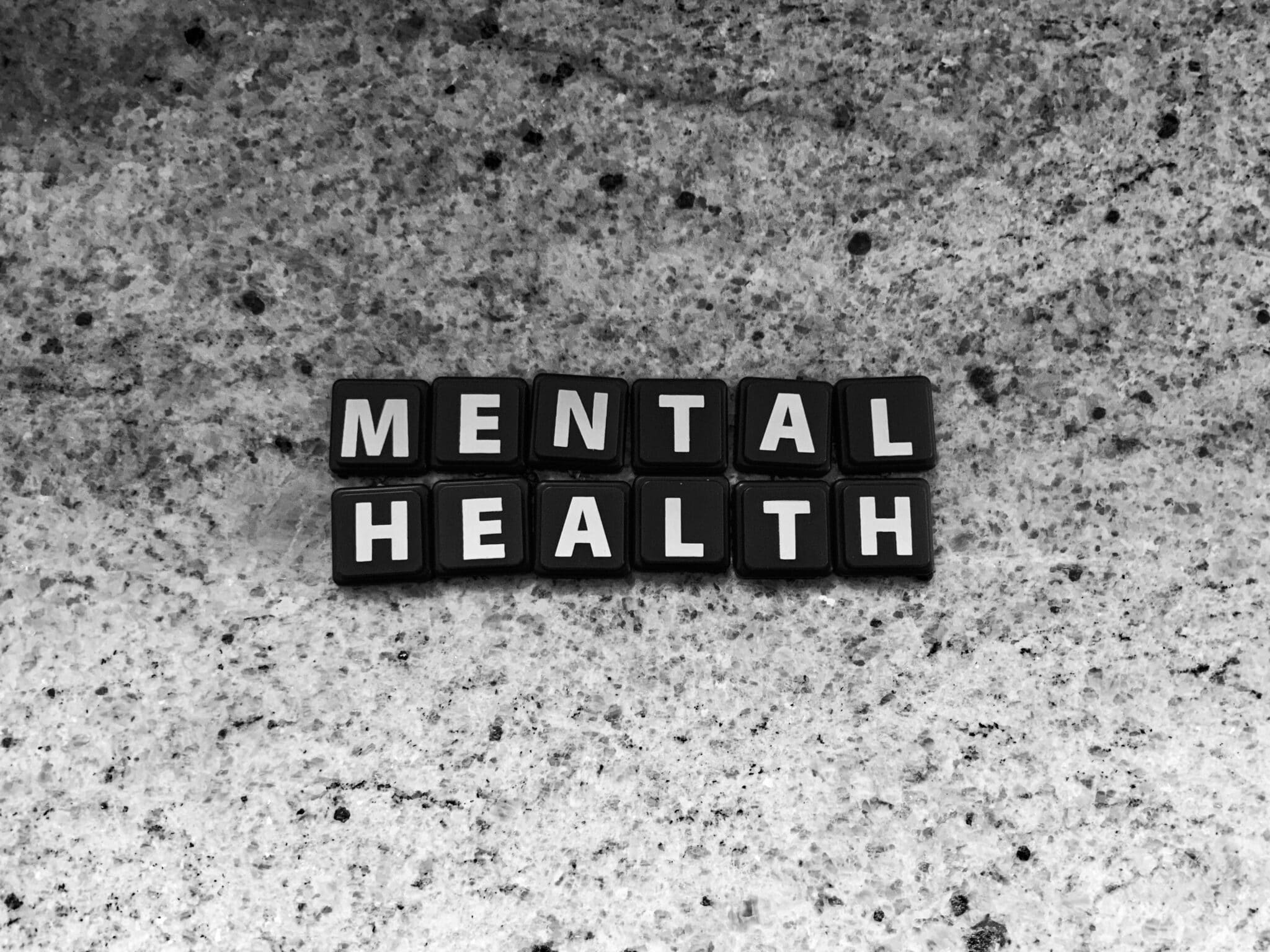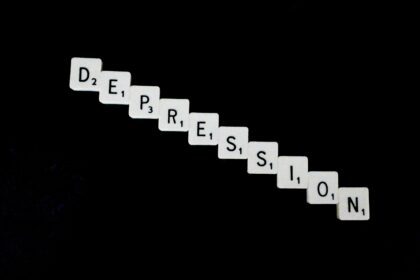Life often throws challenges our way-moments that leave us feeling overwhelmed, lost, or broken. In those times, how we respond can shape not only our healing but the very way we experience the world around us. Building healthy coping mechanisms isn’t just about surviving difficult days; it’s about reclaiming your strength, nurturing your soul, and paving a path toward true healing. In this journey, you learn to embrace your pain without letting it define you, discovering tools that bring comfort, resilience, and hope. Let’s explore how cultivating these positive habits can transform despair into empowerment and open the door to a brighter, more peaceful tomorrow.
Understanding the Root Causes of Stress and Emotional Pain
Emotional pain and stress often stem from deeply embedded triggers that are unique to each individual’s history and experiences. These triggers can be rooted in unresolved conflicts, chronic pressure, or even subconscious fears that manifest as overwhelming feelings. Understanding these underlying causes requires introspection and honesty, allowing us to face the raw emotions beneath the surface rather than merely addressing symptoms. Recognizing that not all stress originates from immediate circumstances opens the door to healing by acknowledging past wounds that still influence our present reality.
When we identify these core sources, we empower ourselves to break free from harmful cycles. Common contributors include:
- Unmet expectations-either imposed by others or self-generated
- Traumatic events that remain unprocessed or invalidated
- Chronic uncertainty about one’s future or relationships
- Internalized negative beliefs, often shaped in childhood
By shining a light on these factors, we begin to cultivate empathy for ourselves and nurture the foundation needed to adopt healthier coping mechanisms. It’s not about erasing pain but learning to sit with it until it loses its power to control us.
Cultivating Mindfulness and Self-Compassion for Inner Peace
Mindfulness invites us to pause and truly witness our present moment-without judgment or resistance. This gentle awareness allows us to acknowledge our emotions and thoughts as they arise, creating a space where healing begins. By tuning into our inner world, we develop a profound connection with ourselves, reducing the chaos of reactive patterns and inviting clarity. Practicing mindfulness daily can transform how we relate to stress and pain, turning what once felt overwhelming into an opportunity for growth and understanding.
Alongside mindfulness, cultivating self-compassion breathes kindness into our struggles. Embracing ourselves with the same tenderness we would offer a dear friend nurtures resilience and softens the harsh inner critic. This includes:
- Speaking gently to yourself in moments of difficulty
- Recognizing that suffering is a universal human experience, not a personal failing
- Allowing yourself grace and patience throughout your healing journey
By nurturing both awareness and compassion, you create a sanctuary within-one where peace can quietly flourish amid life’s storms.
Practical Strategies to Replace Negative Habits with Positive Actions
Changing deeply rooted behaviors can feel overwhelming, but it starts with small, intentional steps that gradually shift your routine. Begin by identifying triggers that lead to negative habits-stress, boredom, or certain environments-and consciously replace those moments with healthier alternatives. For instance, when facing stress, try reaching for a journal instead of your phone, or take a five-minute walk outside to reset your mind. These simple substitutions create space for growth, allowing your mind and body to adapt without feeling deprived.
Equally important is nurturing a support system and creating an environment that champions your progress. Surround yourself with positive influences-friends, mentors, or even online communities-that encourage your journey. Try incorporating activities that uplift your spirit daily, such as mindful breathing, creative hobbies, or practicing gratitude. Remember, the goal isn’t perfection but progress. Every time you successfully choose a positive action over a negative habit, you’re rewiring your brain toward resilience and self-compassion.
- Replace “mindless scrolling” with mindful reading or meditation.
- Swap unhealthy snacks for nourishing, colorful fruits and nuts.
- Turn negative self-talk into affirmations that boost confidence.
- Channel nervous energy into creative outlets like drawing or music.
Creating a Supportive Environment to Nurture Lasting Healing
Healing is a delicate journey that flourishes best within a space where understanding and compassion thrive. It’s essential to surround yourself with people who listen without judgment and offer genuine support. This environment becomes a sanctuary where emotions can be expressed freely, vulnerabilities embraced, and progress celebrated. Cultivating such spaces often means setting clear boundaries with those who may unintentionally harm your progress and seeking out communities or groups that resonate with your experiences and aspirations.
Creating this atmosphere also involves nurturing self-compassion and patience. Some key practices include:
- Journaling thoughts and feelings to release inner tension
- Engaging in mindfulness or meditation to stay grounded
- Incorporating activities that bring joy and reduce stress
- Recognizing and celebrating small victories along your healing path
By weaving these elements into daily life, healing transforms from a daunting challenge into a meaningful journey filled with hope and resilience.
Insights and Conclusions
As you journey toward healing, remember that building healthy coping mechanisms isn’t about perfection-it’s about progress. Each small step you take to nurture your mind and heart brings you closer to a place of peace and resilience. Be gentle with yourself, honor your experiences, and know that your path to healing is uniquely yours. Embrace the process, trust in your strength, and let these healthy habits be the light guiding you through the darkest moments. You’re not just surviving-you’re growing, thriving, and reclaiming your life one day at a time.














